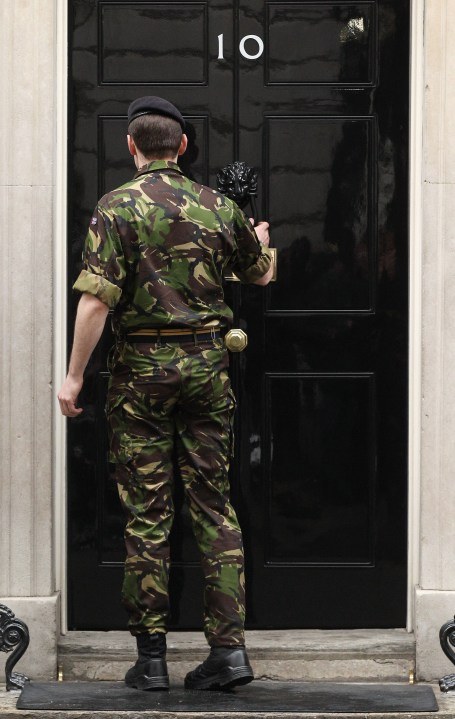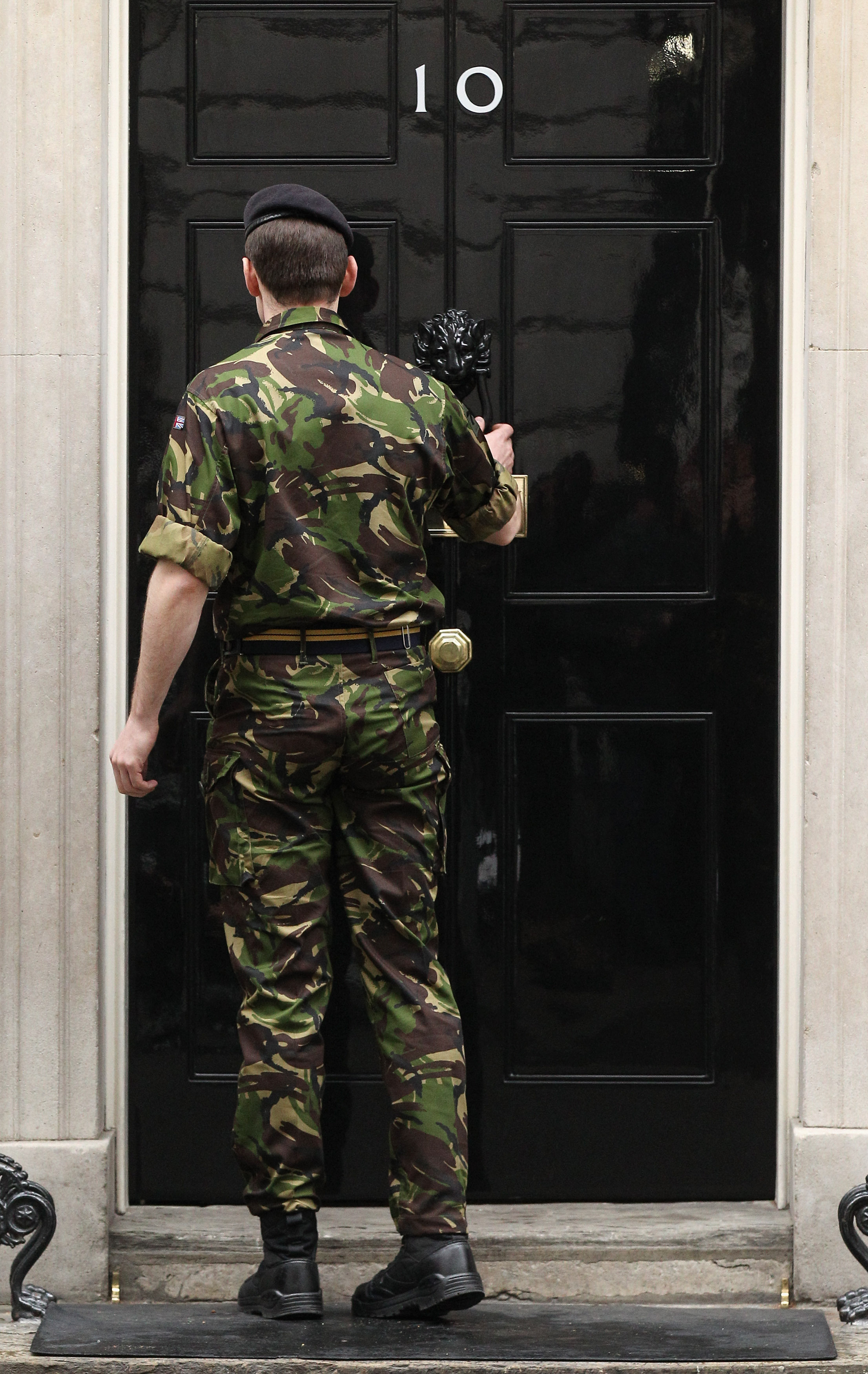 The coalition is now in danger of coming unstuck — not because of failure, but
because of its success. It needs to urgently decide how to run itself and what its aims are. Before it runs out of targets.
The coalition is now in danger of coming unstuck — not because of failure, but
because of its success. It needs to urgently decide how to run itself and what its aims are. Before it runs out of targets.
Neither is easy to do. The US may want to handover control of the mission but there is not really anyone they can transfer authority to. NATO is being blocked from assuming control, the EU does not have the wherewithal — its naval mission off Somalia’s coast is already run out of Permanent Joint Headquarters in north London — and the UK and France would struggle to run the mission, either jointly or individually.
The answer may lie in a hybrid structure, like the AU/UN mission in Sudan, which is partly based on NATO and partly on other organisations. The headquarters could be in France, with British, Danish, Canadian, Italian forces grafted on much as they are now attached to US Africom in Stuttgart, Germany.
Even so, this brings some problems. Bases in Italy are fine, but a bit far away for a long-term NFZ. Flying off US ships is better, but if the US withdraws these as part of the change of command a problem will emerge. The carrier Charles de Gaulle may become a semi-permanent Task Force headquarters for the mission.
Then there is the matter of the aims. Should Colonel Gaddafi be a target or not? Saying that he is a target will make an already fissiparous coalition even more fragile. The Arab League may even bolt. Yet saying that he is safe would be amoral and would demoralise the rebels, and make no sense after President Obama has said the Libyan dictator needs to go. So, what to do?
Taking all this into account it may be time to order a bombing pause — not a ceasefire, but a pause — for 12 or so hours. In this period, the world can see for itself whether Colonel Gaddafi is serious, or not, about a ceasefire. It would also show that the West is not bloodthirsty — crucial to maintaining Arab support. If Libyan forces refrain from attacking for 12 hours, the pause can be extended. In time, the NFZ can become a more reactive operation. If he attacks, then the coalition must resume its attacks.
Meanwhile, a high-level delegation should go see Colonel Gaddafi to see what the scope for negotiation is, much as Martti Ahtisaari, the former Finish president, helped bring Slobodan Milosevic out of Kosovo. Indeed, ex-president Ahtisaari may be persuaded to reprise his role. As I have argued before, the West may need to accept an interim period where Gaddafi loyalists share some kind of confederal power with the Transitional National Council.
Starting wars is easy; ending them so much harder. David Cameron did the right thing to get involved. He now needs to be equally ruthless in bringing the effort to closure.







Comments